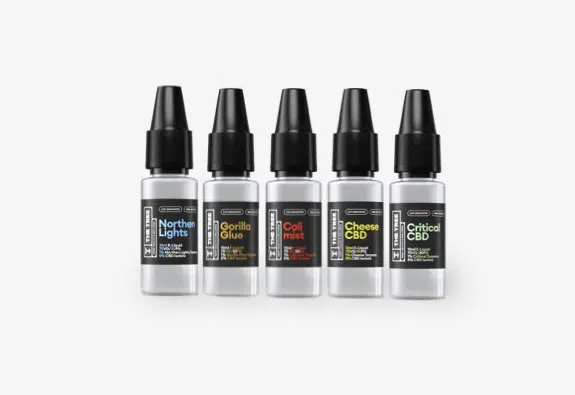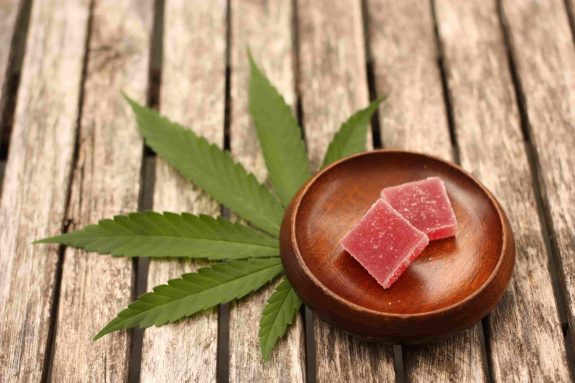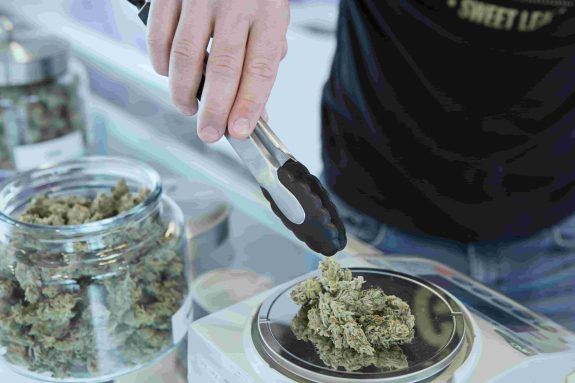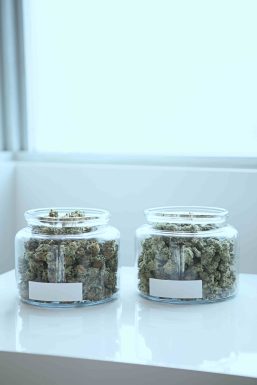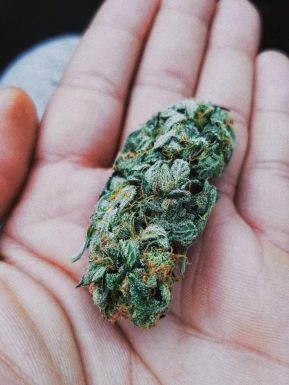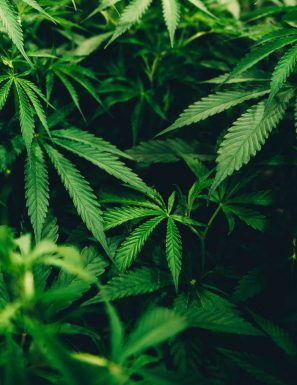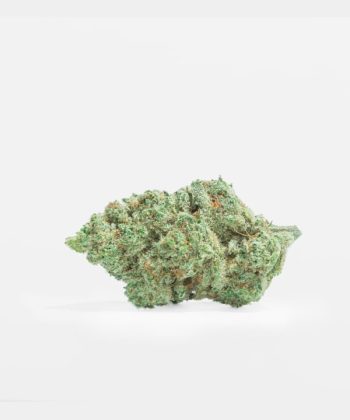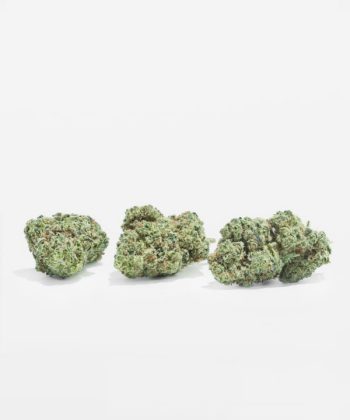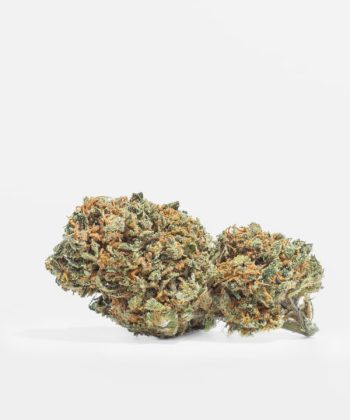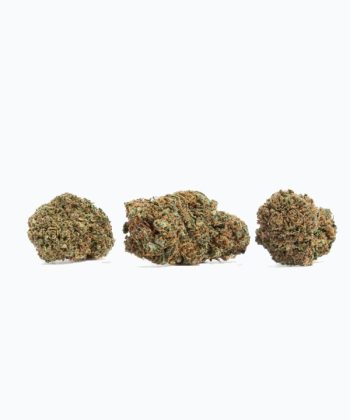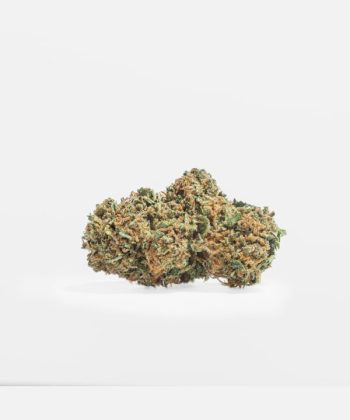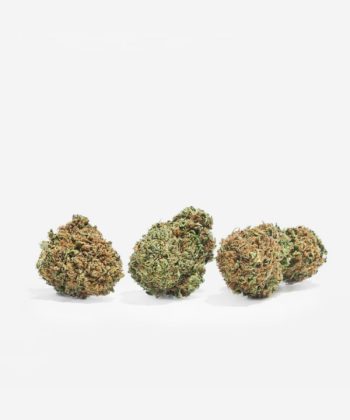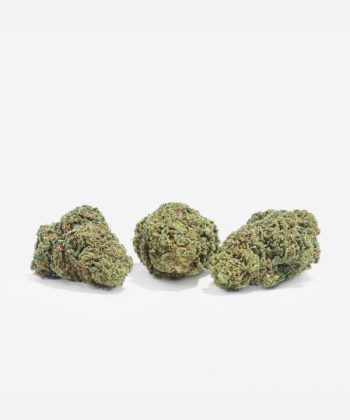
CBD legislation

CBD legislation
Is CBD legal in Europe?
The Court of Justice of the European Union considers that a Member State cannot ban CBD lawfully produced in another Member State, irrespective of which part of the plant is used in producing it¹. Doing so would be contrary to the free movement of goods within the Member States of the European Union.
CBD as a compound is not specifically banned in any European country, and as one EU country cannot ban what is legal in another, it would be very difficult for this to happen. However, member states can regulate or limit the use and consumption of CBD.
In other words, the fact that CBD, as a substance, cannot be banned in Europe does not imply that all uses of CBD, nor all products containing CBD, are permitted.
In the case at hand, the form in which CBD is sold may or may not be legal. For example, while CBD e-liquids are allowed in most of Europe, CBD edibles are not legal in the European Union.

Why is edible CBD illegal in Europe?
In most European countries there is no law specifically prohibiting the marketing of CBD as a food or food supplement. However, novel foods to be sold in the European Union need the approval of the EFSA (European Food Safety Authority).
With no history of food consumption prior to 1997, cannabinoids are considered a novel food in EU countries. This means that in order to be marketed as food supplements or food, they require EFSA approval.
This body, known in English as the European Food Safety Authority, has received several applications for the approval of CBD as a novel food. However, in June 2022 it suspended evaluations of CBD pending new data².
Are CBD flowers and resins legal in Europe?
Based on what has been explained previously, it follows that no EU member state can ban flowers and resins containing CBD. However, they can restrict or regulate their use. Moreover, not all European countries belong to the EU, which leads to even more disparity in regulations.
In most EU member states, the legal THC limit for any hemp derivative is 0.2%. In Switzerland on the other hand, a non-EU country, the legal THC limit for hemp products is 1%. In Andorra meanwhile, cannabis of any kind is completely prohibited.
In Spain, flowers and resins with CBD are not illegal, but it is illegal to sell them for consumption. That is to say, flowers containing CBD cannot be sold for smoking or eating in Spanish territory.
Are CBD e-liquids legal in Europe?
Unlike CBD flowers and resins, CBD e-liquids are legal in most European countries. This kind of product is usually completely free of THC, only containing CBD.
In fact, there is an exception in Spain regarding the consumption of CBD. While flowers and resins containing cannabidiol cannot be sold to be smoked, vaporised or eaten, e-liquids containing CBD can be marketed for consumption using specific devices.
Are CBD cosmetics legal in Europe?
CBD, given its many qualities, is a trendy ingredient in a variety of creams and ointments. Its analgesic and anti-inflammatory properties have made it the main ingredient in many pain relief creams.
On the other hand, its cosmetic properties have made it the main ingredient of many skin care and protective creams. For this reason, it is worth asking whether these products are legal at the European level.
Unlike CBD food or food supplements, which require more data to be approved at the European level, cosmetic use of CBD has been researched with positive outcomes.
In early 2022, the European Commission’s Directorate-General for Internal Market, Industry, Entrepreneurship and SMEs added plant-derived CBD to the CosIng list. Although the list is not legally binding, it functions as a database of cosmetic substances and ingredients for member states to adapt their national cosmetics regulations.
In addition, all cosmetics marketed in the EU must be registered by the responsible company on the Cosmetic Product Notification Portal. Therefore, users can request the CPNP registration of any cosmetic containing CBD, to check that it is properly regulated at the European level.
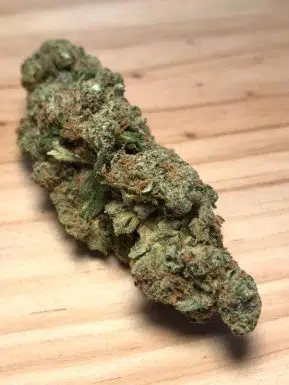
Conclusions on CBD legality in Europe
CBD as a molecule is not specifically banned in any European country, EU or non-EU. Moreover, since such a ban would be contrary to the free trade provision of EU Member States, it is highly unlikely that any country would ban it.
However, the fact that CBD is not banned as a substance, does not mean that any kind of CBD is de facto legal in every European country. For example, in Andorra cannabis is banned, regardless of whether it is psychotropic or not, so flowers containing CBD would be totally illegal.
As far as edible CBD is concerned, it is illegal to sell CBD food products in most of Europe. This is because CBD has not been approved as a food or food supplement by the EFSA. While some countries have ignored this legislation and continue to sell edible CBD, they are in the minority.
When it comes to CBD flowers and resins, their legality is very uneven in Europe. While in some countries, such as Switzerland, they are perfectly legal, in others, such as Andorra, they are not. In Spain on the other hand, they are legal only as collector’s items or aromatherapy.
Finally, cosmetic products containing CBD are legal throughout Europe, regardless of which part of the plant the cannabinoid is derived from. In 2022, the European Commission’s Directorate-General for Internal Market, Industry, Entrepreneurship and SMEs included plant-derived CBD in the CosIng list, which serves as a reference for cosmetic ingredients.
References
- Court of Justice of the European Union (19 November 2020). A Member State may not prohibit the marketing of cannabidiol (CBD) lawfully produced in another Member State if it is extracted from the Cannabis sativa plant in its entirety and not solely from its fibres and seeds. Press Release No 141/20.
- European Food Safety Authority (7 June 2022). Cannabidiol novel food evaluations on hold pending new data. Press release.
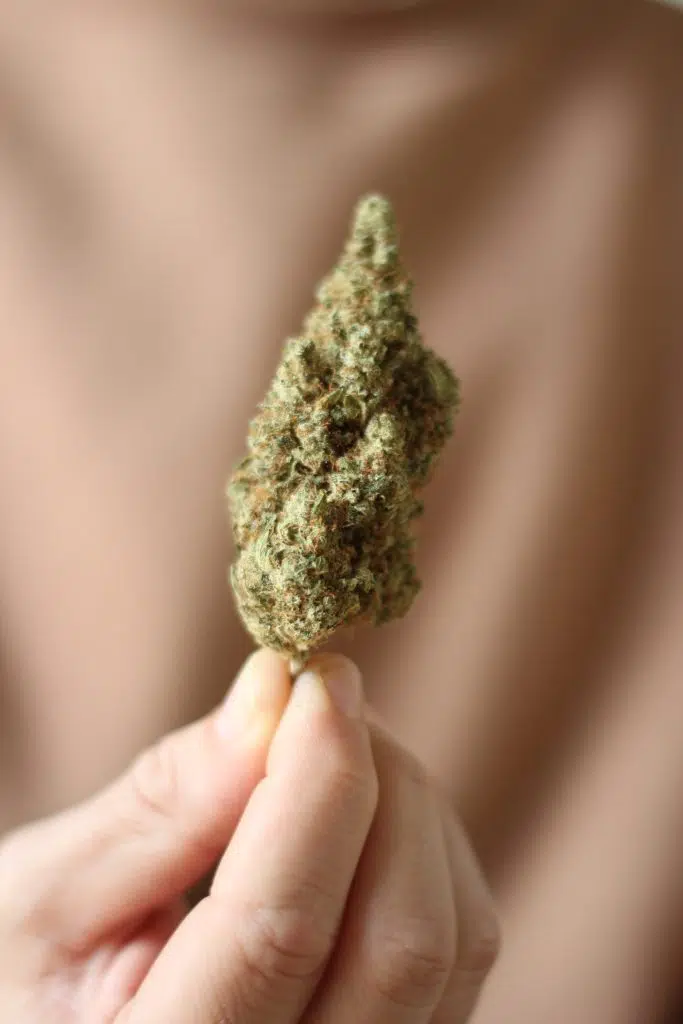
Frequently asked questions about CBD and the law
IS CBD LEGAL IN ALL OF EUROPE?
IS THERE A FINE FOR POSSESSION OF CBD FLOWERS AND RESINS IN EUROPE?
WHICH WAYS OF TAKING CBD HAVE MORE LEGAL PROTECTION IN EUROPE?
Featured CBD products

CBD dosage calculator

Find the best CBD product for you
More about CBD

The Tree CBD team were at Spannabis!
After a busy weekend at Europe’s largest dog show, Spannabis. The Tree CBD team returns with renewed energy and with more enthusiasm. Even to bring

What is HHC and what are its effects? Is it legal in Europe?
HHC or hexahydrocannabinol is a cannabinoid whose popularity has skyrocketed in recent months. Even though this compound is being talked about a lot lately, it

Can you buy CBD in pharmacies?
CBD, or cannabidiol, is an all-natural compound produced by the cannabis plant. Unlike THC, which is the active ingredient in marijuana, CBD doesn’t have psychotropic

